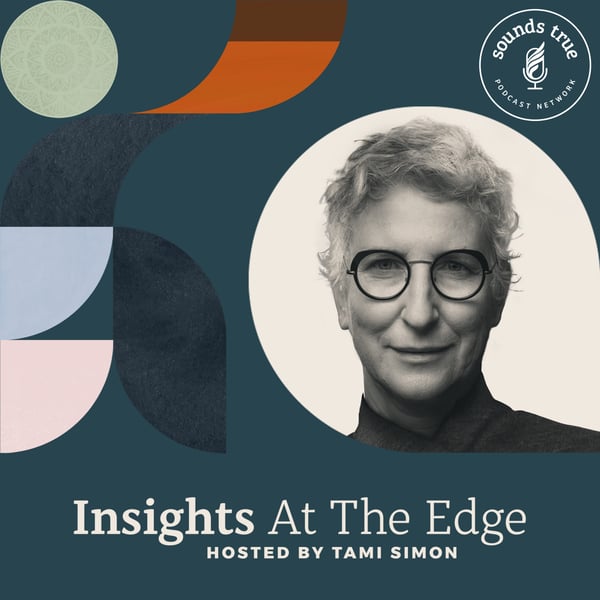Helen Riess: Seven Keys to Increase Empathy
Sounds True: Insights at the Edge
Tami Simon
4.6 • 1.8K Ratings
🗓️ 11 December 2018
⏱️ 64 minutes
🧾️ Download transcript
Summary
Transcript
Click on a timestamp to play from that location
| 0:00.0 | This program is brought to you by sounds true.com. |
| 0:04.0 | At sounds true.com, you can find hundreds of downloadable audio |
| 0:08.0 | learning programs, plus books, music, videos, and online courses, and events. At sounds true.com, we think of ourselves |
| 0:17.1 | as a trusted partner on the spiritual journey, offering diverse, in-depth, and life-changing wisdom. |
| 0:24.0 | Sounds True.com. You're listening to Insights at the Edge. Today my guest is Dr Helen Reese. |
| 0:42.2 | Helen is the Associate Clinical Professor of Psychiatry at Harvard Medical School |
| 0:47.7 | and Director of the Empathy and Relational Science Program at Massachusetts General Hospital. |
| 0:55.2 | Dr. Reese is a psychiatrist who developed an empathy training approach based on research in the |
| 1:02.3 | neurobiology and physiology of empathy. |
| 1:06.0 | And she's devoted her career to teaching and research in the art and science of the patient-doctor relationship. |
| 1:14.0 | Here's my conversation on Seven Keys |
| 1:18.0 | to Increasing Empathy with Dr Helen Reese. Helen Reese. |
| 1:29.2 | To begin with Helen, I'd love to know how it is that empathy became the focus of your research. |
| 1:37.0 | Well that answer actually has two levels. |
| 1:45.0 | And the more proximal level is that as a psychiatrist I began to notice that more and more of my patients in my practice |
| 1:58.8 | were spending a lot of time sharing their unhappiness with how their visits to the doctors were going. |
| 2:07.9 | And I realized that there really was a pattern of patients feeling unseen, unheard, and somewhat dismissed. |
| 2:19.1 | And some of them felt that even their attempts to try to improve their health or make lifestyle |
| 2:26.0 | changes weren't really being appreciated or reinforced by by their doctors. |
| 2:35.3 | And what seemed at first to be kind of a unique window |
| 2:39.6 | into what was going on in medical and surgical visits. I started to notice that there were headlines |
| 2:48.6 | in major media talking about the need that for patients to have a more connected |
... |
Please login to see the full transcript.
Disclaimer: The podcast and artwork embedded on this page are from Tami Simon, and are the property of its owner and not affiliated with or endorsed by Tapesearch.
Generated transcripts are the property of Tami Simon and are distributed freely under the Fair Use doctrine. Transcripts generated by Tapesearch are not guaranteed to be accurate.
Copyright © Tapesearch 2025.

